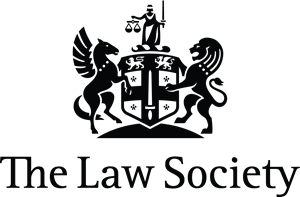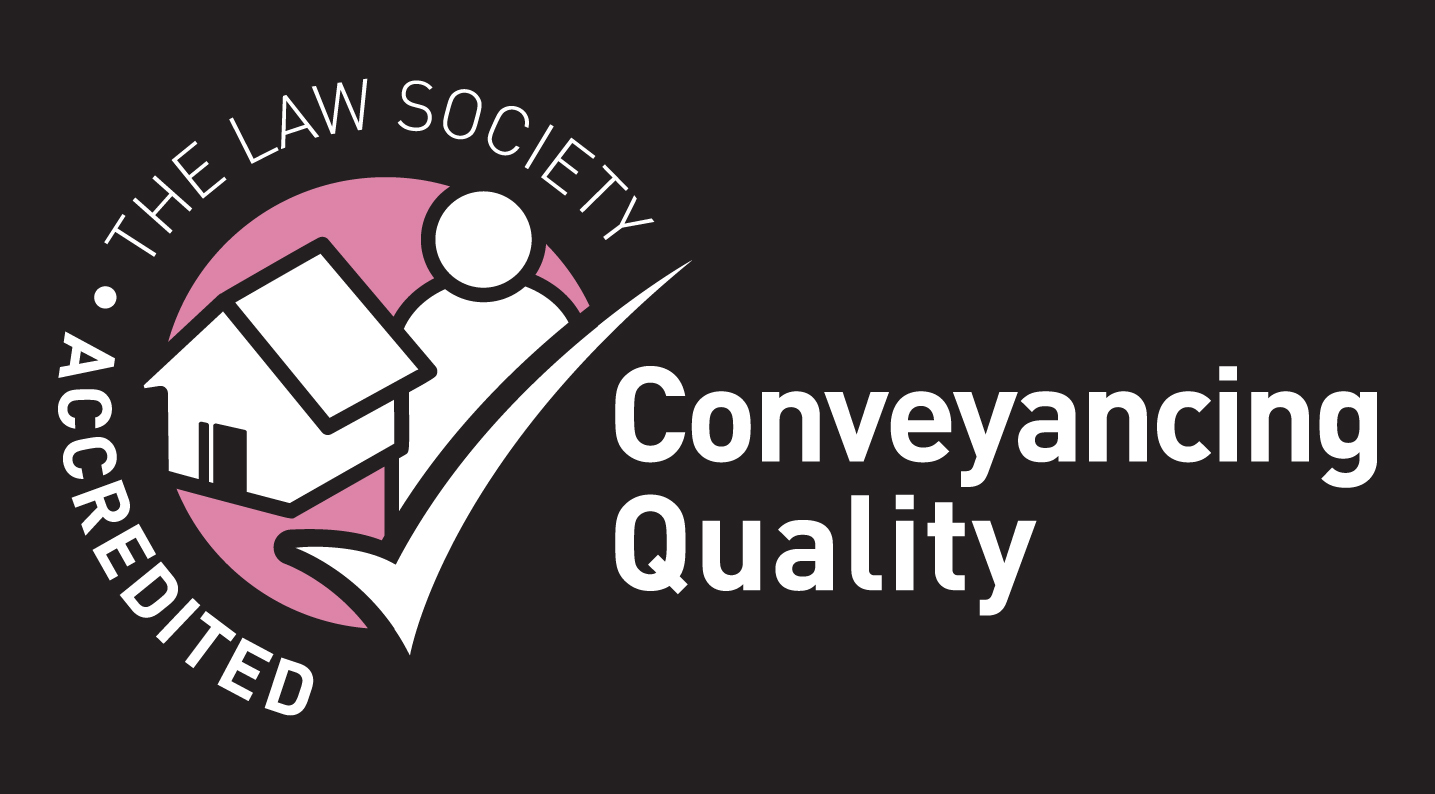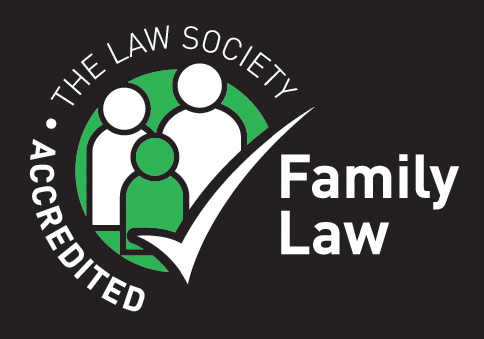Human Rights application are made where the person would, if removed, face a serious risk to life or person in the country of origin. It is granted where the person has protection needs but where they do not meet the criteria for refugee status.
To be eligible, the Home Office will consider if you are able to prove that you will face serious consequences if you return to your country of origin. The risk to life or person can arise from:
You will not qualify to obtain Humanitarian Protection under the following circumstances:
You may be able to apply for the right to remain in the UK based on your right to family/private life in the UK. The right to family and private life is known as an Article 8 right, because it comes from Article 8 of the European Convention on Human Rights (ECHR), which is part of UK law through the Human Rights Act 1998.
Article 3 of ECHR also gives individuals the right to be prevented from torture or inhuman or degrading treatment or punishment.
If you have made an application for Article 3, the Home Office cannot remove you from the UK to the country of origin where there are substantial grounds for believing an individual will face a real risk of serious harm, including torture, inhuman or degrading treatment or punishment.
The threshold for Article 3 claims is high; however, it is an absolute right, meaning there is no situation where it can be lawfully breached.
To make a claim under Article 3, you need the assistance of an experienced human rights lawyer to check if an application can pass the extremely high threshold. Our team will support you through the process, helping you to protect your safety.
Your family life consists of your relationships with members of your family.
In terms of what Article 8 of the European Convention on Human Rights recognizes as family life, your relationships with your wife, husband, civil partner, long-term partner or any children under 18 are considered to be family life. Your life with other family members is not always considered to amount to family life under Article 8.
Your private life could include things like your work or studies, your life with your friends and neighbours, and involvement with your local community or charity activities. It also includes long-term NHS medical treatment.
However, this definition is case-specific and depending on the circumstances of your case, your circumstances may qualify for family and/or private life.

The Home Office is required to consider the relationship between the family member and your private life that you have established in the UK. For instance, the 2014 Immigration Act says that “little weight” should be given to a private life or relationships formed if you are in the UK unlawfully, or to private life established when your immigration status in the UK is “precarious”.
This means that it is difficult to succeed with family life arguments based on time in the UK when, for example, you had no application pending with the Home Office and no leave to remain (immigration status), or private life arguments when you had no right to remain or had time-limited leave to remain. Leave to remain may still be granted in these circumstances, if the case is exceptionally strong.
Similarly, the Home Office has the right to exercise immigration control. Article 8 arguments for the right to remain in the UK are therefore always about weighing up these opposing rights – if you can prove that the breach to your Article 8 rights would be so serious that it outweighs the state’s right to remove/deport you (a “disproportionate breach”), you should be granted leave to remain.
Factors that count against you in these arguments are things like poor immigration history and criminal convictions.
Factors that could be in your favour are
Sometimes, the Home Office will say the breach of your family/private life rights is proportionate (or even that there will not be a breach) because your family members could leave the UK with you (even if they have the right to remain in the UK or even British citizenship), or they can keep in touch by Skype, email and occasional visits.
You may be told by that you could make a human rights application based on “compelling” or “exceptional” circumstances. The Home Office’s position, however, is that the immigration rules cover the extent of the UK’s obligations under human rights law, and so any Article 8 family/private life case that could be successful would meet the requirements of the immigration rules.
Nonetheless, the immigration rules cannot cover all the variety of people’s situations, and the courts have ruled that if a case does not meet the requirements of the immigration rules, Article 8 arguments should be considered outside of the rules.
The application form or way to notify the Home Office of human rights grounds will depend on your situation.
The application fee for human rights applications will depend on what kind of application you are making, if you are in the UK or outside the UK, and how many dependants you are including in the application. There is no fee to raise human rights grounds within an asylum claim.
If you are destitute and cannot afford to pay the application fee, you can apply for a fee waiver. You will need to show evidence that you are destitute, or that you would become destitute by paying the fee.
You will need to pay the “immigration health surcharge” as well as the application fee, unless you fall into one of the exempt categories or can prove you are destitute and entitled to a fee waiver.
If you are successful in your application, the leave to remain you are granted (the length of time you are given permission to stay) will depend on the type of application you have made.
If an application that includes arguments based on your family/private life is refused, you may have a right of appeal. The Home Office may say, however, that they consider your human rights claim to be “clearly unfounded” and “certify” your claim. This means you do not have the right to appeal the refusal in the UK. If you do not have the right to appeal the refusal, you may wish to consider a judicial review to challenge the decision.
If your circumstances do not meet the requirements of the Immigration Rules, but there are compelling factors or insurmountable obstacles that mean that a decision to remove you would amount to a disproportionate interference with your human rights, it may be possible for you to apply for leave to remain on Article 8 grounds outside the Rules.
You can be provided HP for three or five years. If you have completed the relevant period of residence in the UK following grant of HP, you can apply for indefinite leave to remain (ILR) in the UK. If you no longer requires Humanitarian Protection, meaning it is safe for them to return to their home country, they will be required to leave the UK.
Copyright © 2023 Adam Bernard Solicitors. This Firm is Authorised & Regulated by the Solicitors Regulation Authority SRA NO: 598171, 656730.





